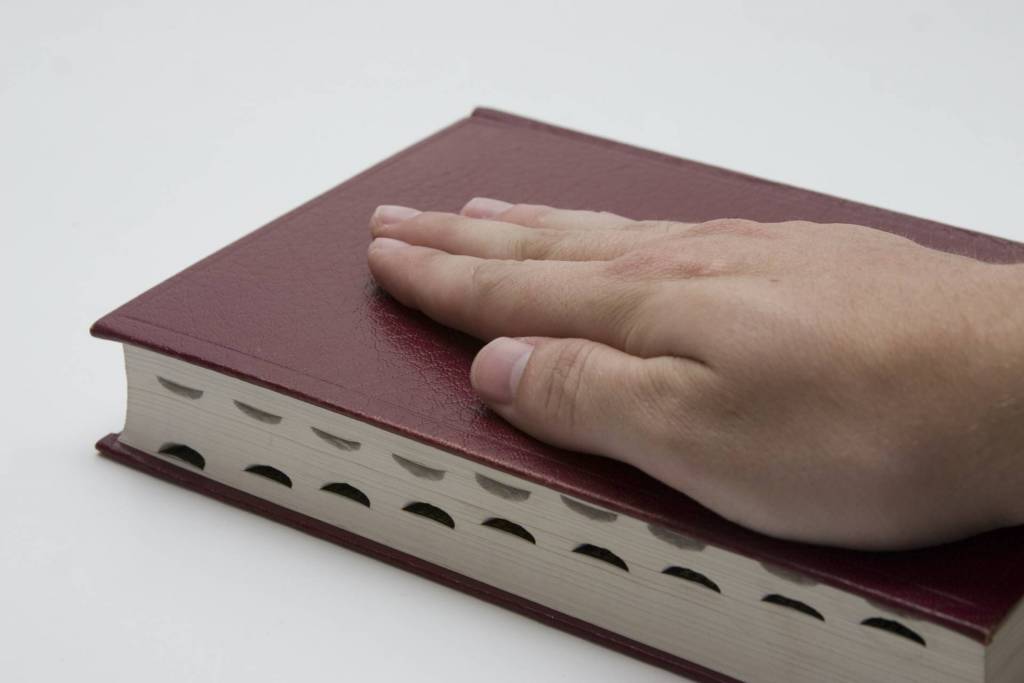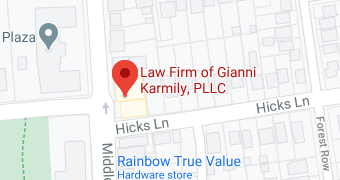Is attempting to commit a crime itself a crime? In the State of New York, the answer is yes, and if you are charged with what is called an “inchoate” offense on Long Island, you’ll need the advice and services of a professional lawyer for legal defense.
What is the definition of an inchoate offense in New York? If you attempt to commit a crime, and that attempt is a failure, what criminal charges can be brought against you? And if you are convicted of attempting to commit a crime in New York, what penalties can you expect?
If you’ll keep reading, those questions will be answered in this brief discussion of inchoate and attempted crimes in New York. You’ll also learn what the right Nassau County inchoate offense attorney will do on your behalf if you are charged with attempting to commit a crime.
What Constitutes an Inchoate Offense?
Inchoate crimes may be considered “incomplete” crimes. What these offenses have in common is an actual intent to commit a crime, but the intended crime does not need to have been “completed” in order for the state to bring criminal charges or to win a criminal conviction.
Inchoate crimes in New York include conspiracy, criminal solicitation, and attempting to commit a crime. Conspiracy happens when two or more people work together to commit a crime. Solicitation is asking, demanding, or attempting to persuade someone else to commit a crime.
Attempting to commit a crime happens if you intend to commit a specific crime and you make some type of effort to follow through on that intention. If a defendant could not be apprehended until a crime is complete, the police could not intervene to avert harm to victims or property.
How Are “Attempted” Crimes Handled in New York?
In attempted crime cases, because the intended crime has not actually been committed, in order to convict a defendant of attempting a crime, a prosecutor must prove that a defendant had criminal intent and that the defendant actively took steps to follow through on that intention.
Attempted murder, for example, requires the same criminal intent as murder. Criminal intent can be determined by the defendant’s conduct and by the circumstances surrounding the attempted crime.
Let’s say, for example, that person X intends to murder person Y. Person X posts online that he or she would like to see person Y dead. Then person X purchases a gun and ammunition and drives to person Y’s house intending to murder person Y.
If person Y is not home, and no murder is committed, person X may nevertheless be arrested and prosecuted – based on his or her actions – for attempted murder.
How Are Convictions for Attempted Crimes Penalized?
In New York, in most cases, the attempt to commit a crime is charged as an offense one level lower than the crime that was intended. For example, if you were attempting to commit a Class D felony, you may face a Class E felony charge simply for making that attempt.
However, there are some exceptions to the “one level lower” rule. For example, if you attempt to commit certain class A-I felonies including murder in the first degree, murder in the second degree, or aggravated murder, you can face a Class A-I felony charge.
Defenses Against Attempted Crime Charges
Depending on the nature of the attempted crime, several defenses may be offered against an attempted crime charge:
- Abandonment: A defendant may claim that he or she stopped all actions that would further the crime, tried to stop the crime as it happened, and/or tried to convince co-conspirators to stop or reported the crime to law enforcement authorities.
- Impossibility: If a crime is considered legally impossible to commit, the legal impossibility of committing the crime may be offered as a defense against the criminal charge of attempting to commit the crime.
Traditional defenses such as misidentification (someone else committed the attempted crime and the defendant has been misidentified) and fabrication (no attempt was made to commit a crime and the allegation against the defendant was fabricated) may also be offered in these cases.
What is the “Dangerous Proximity” Test?
In attempted crime cases, the prosecution will argue for a conviction based on whether a defendant was in “dangerous proximity” of committing his or her intended crime.
Let’s say the intended crime is destroying a building through arson. If a defendant has simply purchased a cigarette lighter, a jury may believe that action alone is not enough to justify a conviction. Millions of people routinely buy cigarette lighters.
But if the defendant buys a cigarette lighter and a gallon of gasoline, and if the defendant then drives to the building where he or she intends to commit arson, the purchase of gasoline and the driving put the defendant in “dangerous proximity” of committing arson, and a conviction for attempted arson is more likely.
If You Are Charged With an Attempted Crime
If you are placed under arrest and charged with an attempted crime in Nassau County, do not argue with or resist the police, but insist on your right to remain silent and your right to have an attorney present during any interrogation.
You don’t forfeit your rights simply because you’re charged with an attempted crime. Along with your right to remain silent, you have the right to a speedy trial by jury, and you are legally presumed innocent until the state proves your guilt “beyond a reasonable doubt.”
In most attempted crime cases, a Nassau County criminal defense lawyer will first try to persuade the prosecutor to drop the charge or try to persuade the court to dismiss the charge.
What Else Will An Attorney Do on Your Behalf?
If the attempted crime charge against you cannot be dropped or dismissed, a Nassau County criminal defense attorney will:
- gather evidence and question witnesses on your behalf
- investigate every detail of the charge against you
- plea bargain on your behalf for a reduced charge
- fight aggressively and effectively for the justice you need
If you are charged with any crime or attempted crime in Nassau County – or anywhere on Long Island – you must contact a Nassau County inchoate offense attorney at once and put that attorney to work for you. You have that right, but it’s up to you to exercise your rights and make the call.












